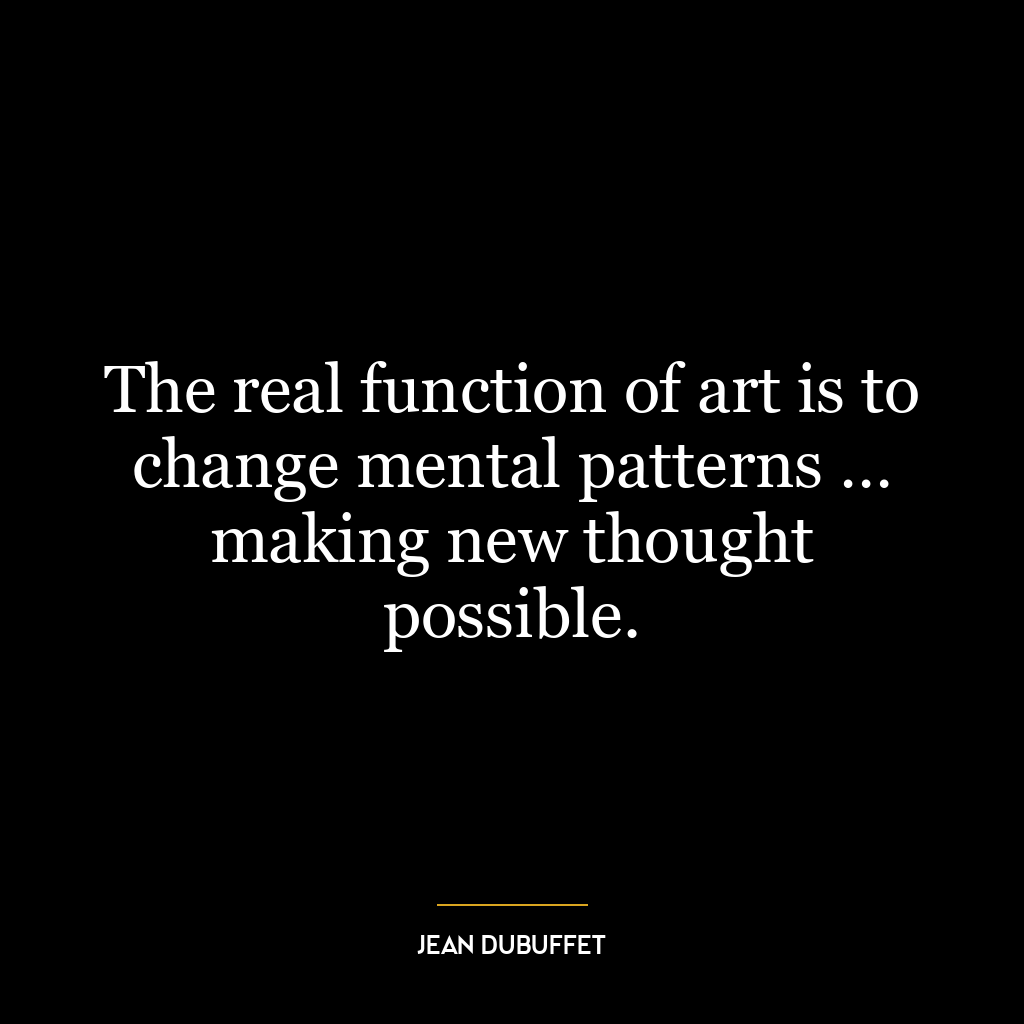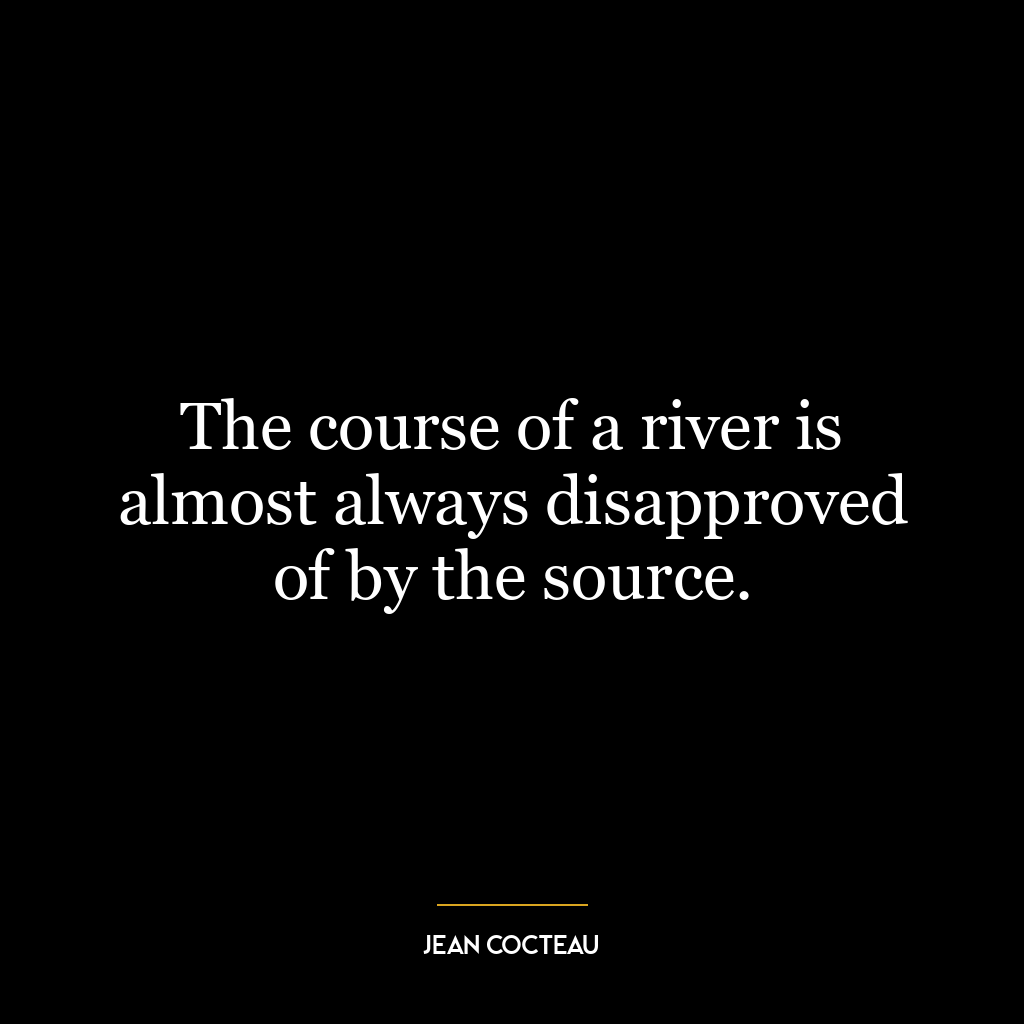You cannot change the outer event, so you must change the inner experience.
The quote, “You cannot change the outer event, so you must change the inner experience,” suggests that while we may not have control over the events that happen around us, we have the power to control how we perceive and react to these events. This is a concept deeply rooted in stoicism and cognitive behavioral therapy, which emphasize the importance of our subjective interpretation of events rather than the events themselves.
The “outer event” refers to any situation or circumstance that happens in the external world. It could be anything from a global pandemic to a personal setback. These are events or situations that are beyond our control. We cannot change what has already happened or what is happening around us.
The “inner experience,” on the other hand, refers to our thoughts, feelings, and reactions to the outer event. It includes our perceptions, interpretations, and emotions. This is something we have control over. We can decide how we want to perceive a situation, how we want to feel about it, and how we want to react to it.
In essence, the quote is suggesting that instead of trying to change or control the uncontrollable, we should focus on what we can control – our inner experiences. We can choose to perceive a situation in a positive or negative light, to react with calmness or anxiety, to feel happy or sad. By changing our inner experiences, we can change our reality and our life.
In today’s world, this idea is incredibly relevant. We are constantly faced with situations and events that are beyond our control – from political unrest to climate change. It’s easy to feel overwhelmed and powerless. But by focusing on our inner experiences, we can regain a sense of control and peace.
In terms of personal development, this quote can be a powerful reminder to focus on our inner growth and resilience. Instead of getting frustrated over things we cannot change, we can focus on improving our mindset, emotional intelligence, and resilience. We can learn to perceive challenges as opportunities for growth, to react to setbacks with resilience, and to maintain a positive attitude despite adversity. By doing so, we can not only improve our mental health and well-being but also become more effective in dealing with life’s challenges.











